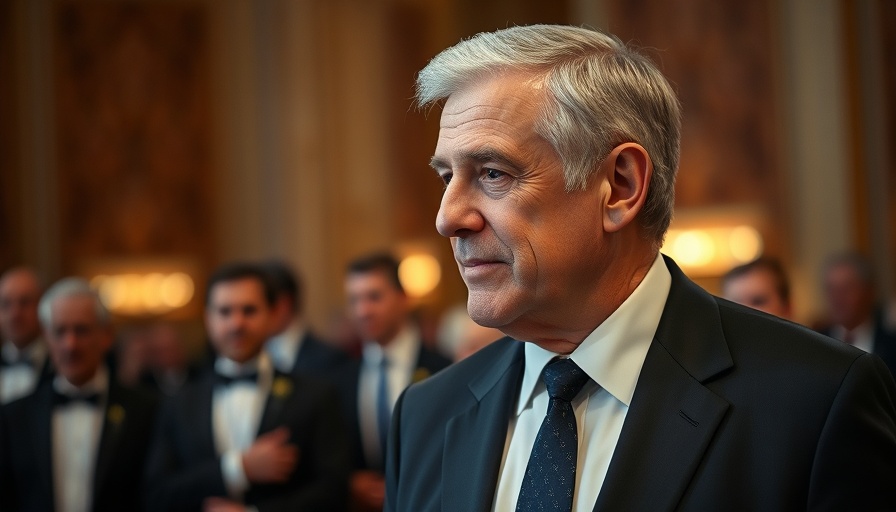
Context Behind Putin's Decision: A Strategic Move?
In a surprising turn of events, President Vladimir Putin has granted approval for some Western investors, including notable U.S. funds, to sell Russian securities. This decision comes at a crucial time, just before talks with President Donald Trump regarding a possible ceasefire in the ongoing war in Ukraine. The presidential decree allows funds such as 683 Capital Partners LP, Franklin Advisers Inc., and Templeton Asset Management Ltd. to divest from Russian assets, indicating a significant shift in Russia's approach to managing foreign investment in the context of geopolitical tensions.
The Implications for International Relations and Markets
This move not only reflects Putin's strategy to alleviate some economic pressures but also highlights the intricate dance of international relations influenced by financial markets. The ability for Western investors to divest is seen as a concession aimed at fostering a more constructive dialogue with the U.S. administration. Analysts interpret this as a signal from Russia, suggesting an openness to negotiate, albeit with careful economic considerations in play. Following this development, it could lead to shifts in investment patterns and influence international business trends, particularly in sectors tied to Russian assets.
Moving Forward: Economic Predictions and Market Reactions
Experts predict that letting some foreign entities sell their holdings may act as a buffer to deter further financial sanctions from the West, ultimately impacting Russia's economic landscape. Sustainable business practices will become increasingly critical as both domestic and international firms navigate the economic fallout from the war. This development sparks a conversation about corporate governance and financial opportunities, which are particularly relevant for entrepreneurs and investors looking to maintain a balanced portfolio amidst geopolitical uncertainties.
Similar Historical Contexts: A Lesson in Negotiation
This isn't the first time a nation has strategically altered its financial policies to improve international relations. Historical incidents, such as China’s economic reforms in the late 20th century, illustrate how economic flexibility can lead to diplomatic openings. The lessons from such scenarios remind us that negotiating from a position of mutual economic benefit can yield positive outcomes on the international stage.
Conclusion: Navigating Future Business Opportunities
A proactive approach in understanding these shifts can empower investors and businesses, particularly in the Bay Area and beyond. This scenario serves as an essential reminder of the intertwined nature of global politics and economic strategies, saying a lot about potential openings for mergers and acquisitions or even venture capital funding opportunities. Understanding these shifts is crucial for engaging strategically in the evolving market landscape.
Staying informed about how international politics influences local and global business dynamics can empower stakeholders to make better decisions. As investors, entrepreneurs, and consumers, it's vital to keep a pulse on these developments that may affect economic opportunities in the Bay Area and the startup ecosystem at large.
 Add Row
Add Row  Add
Add 



Write A Comment